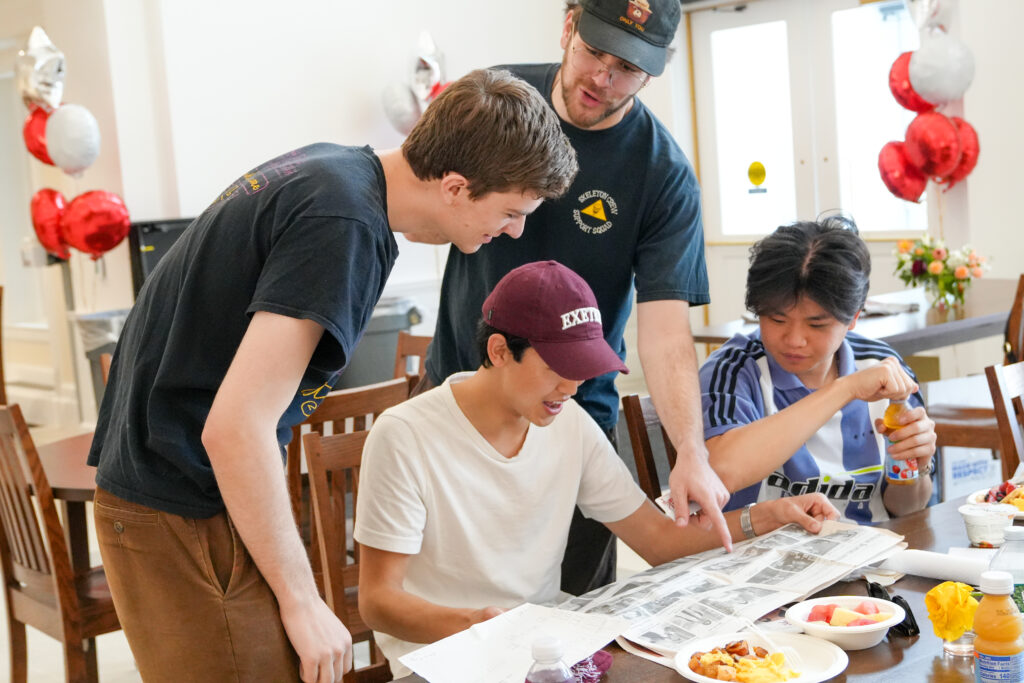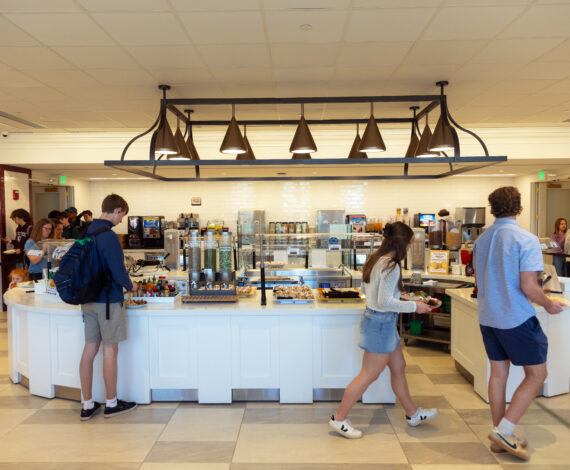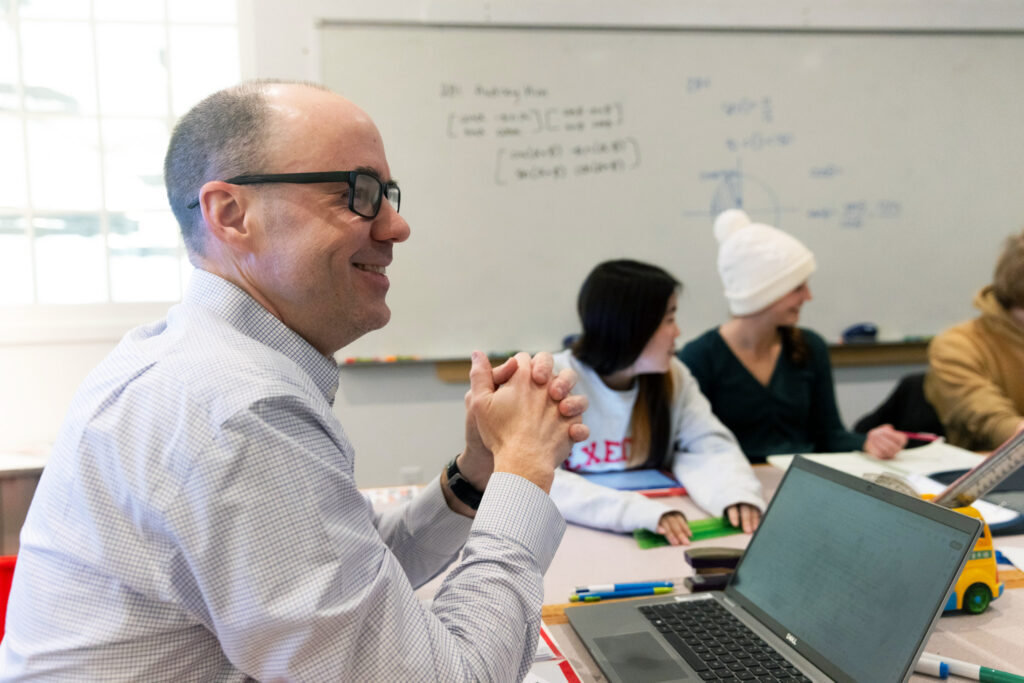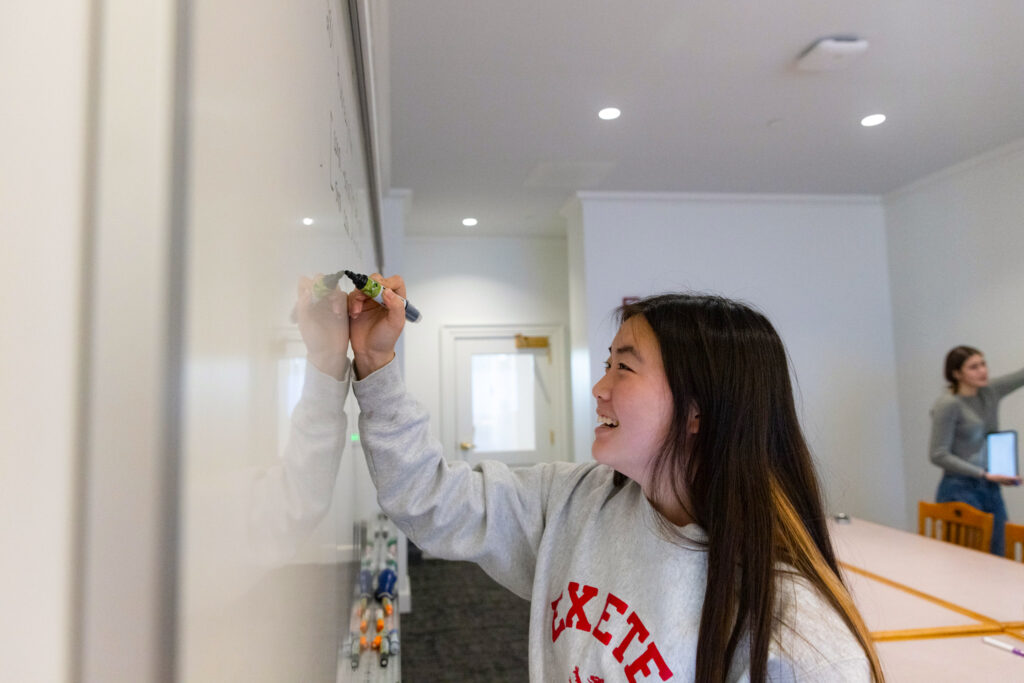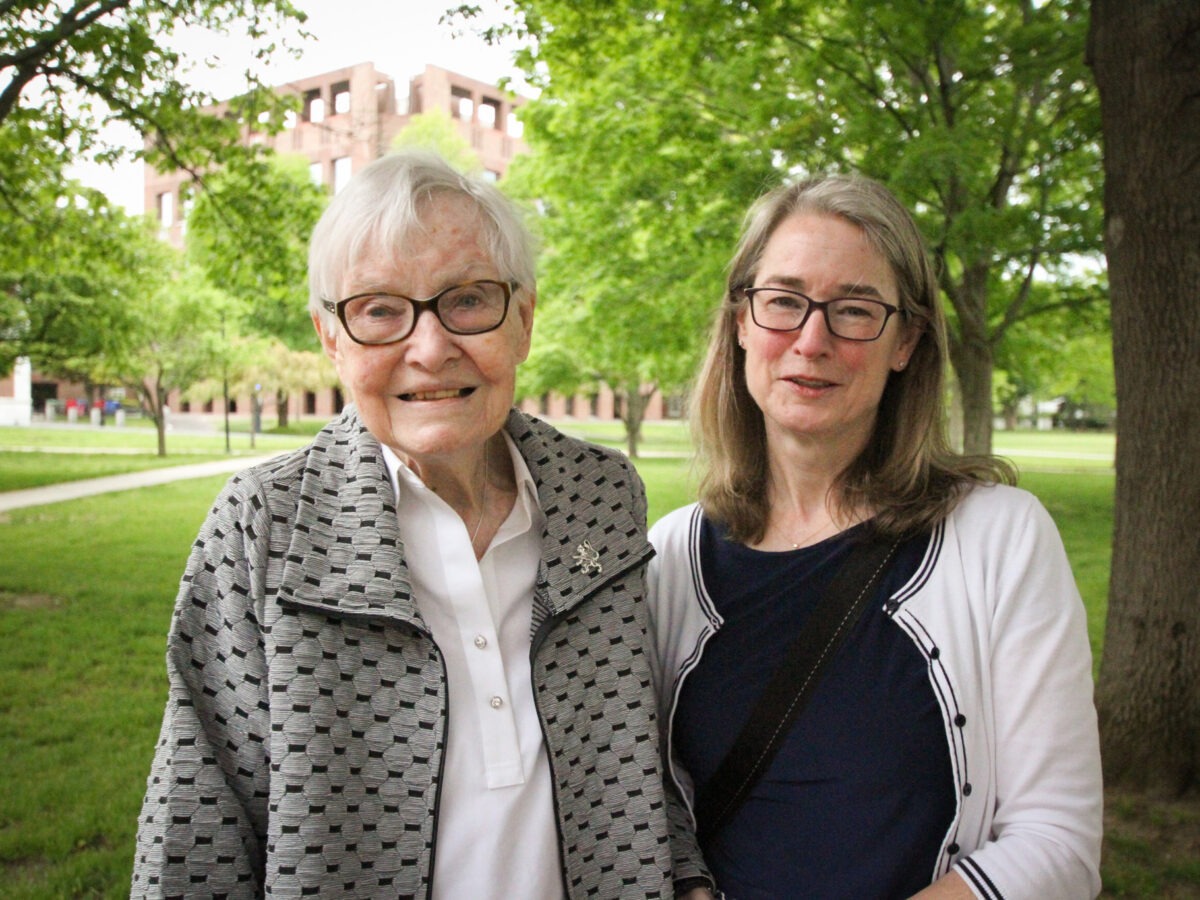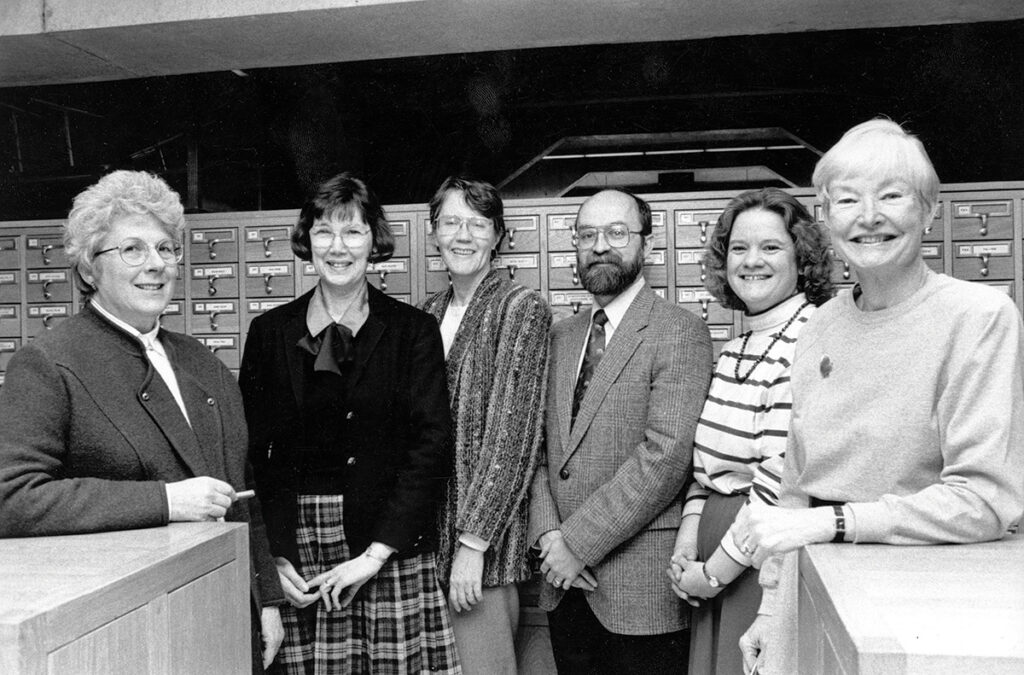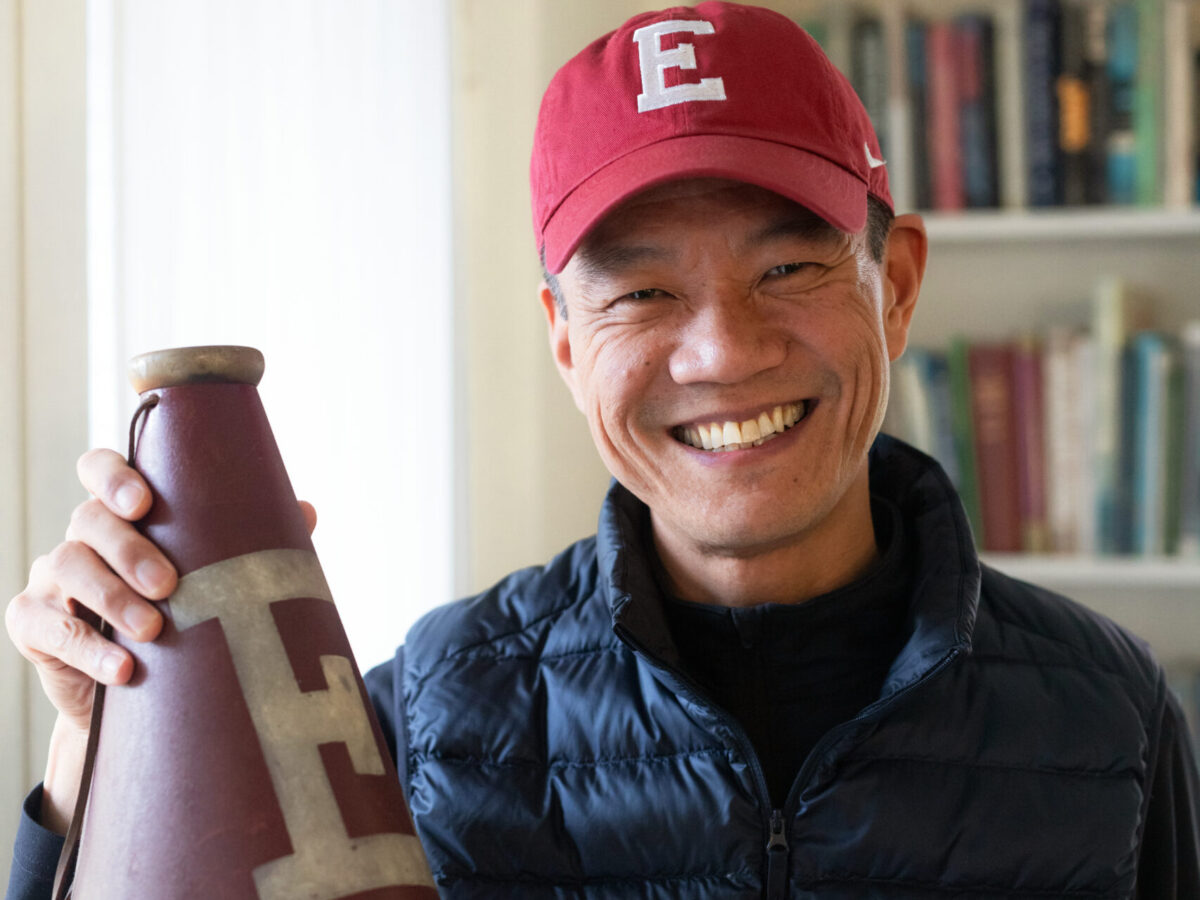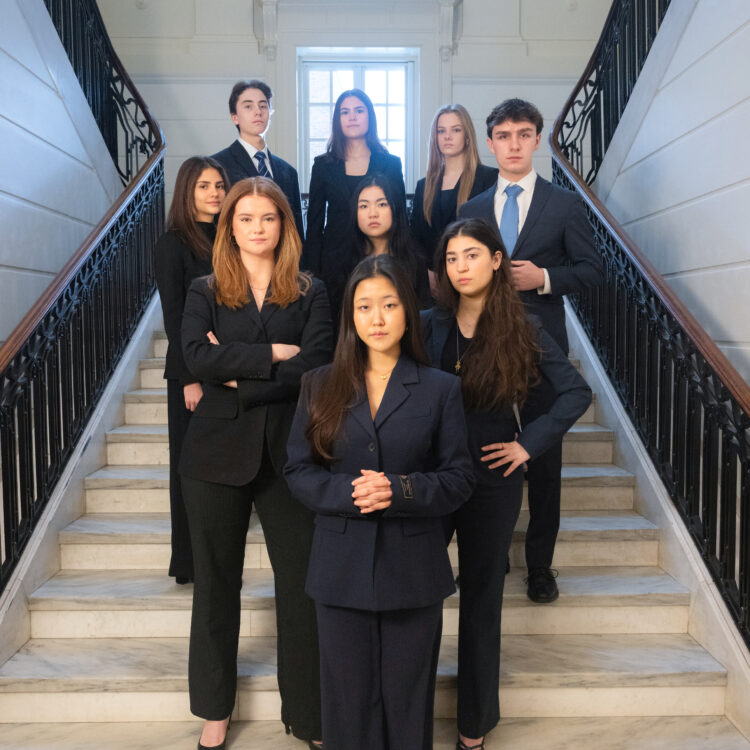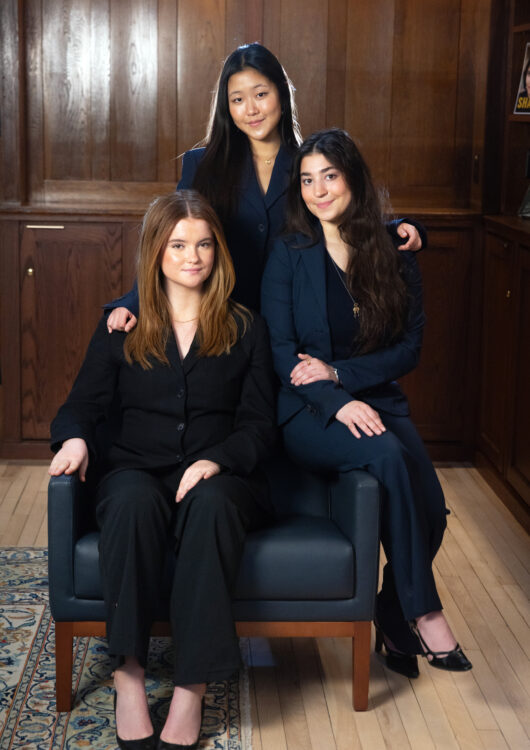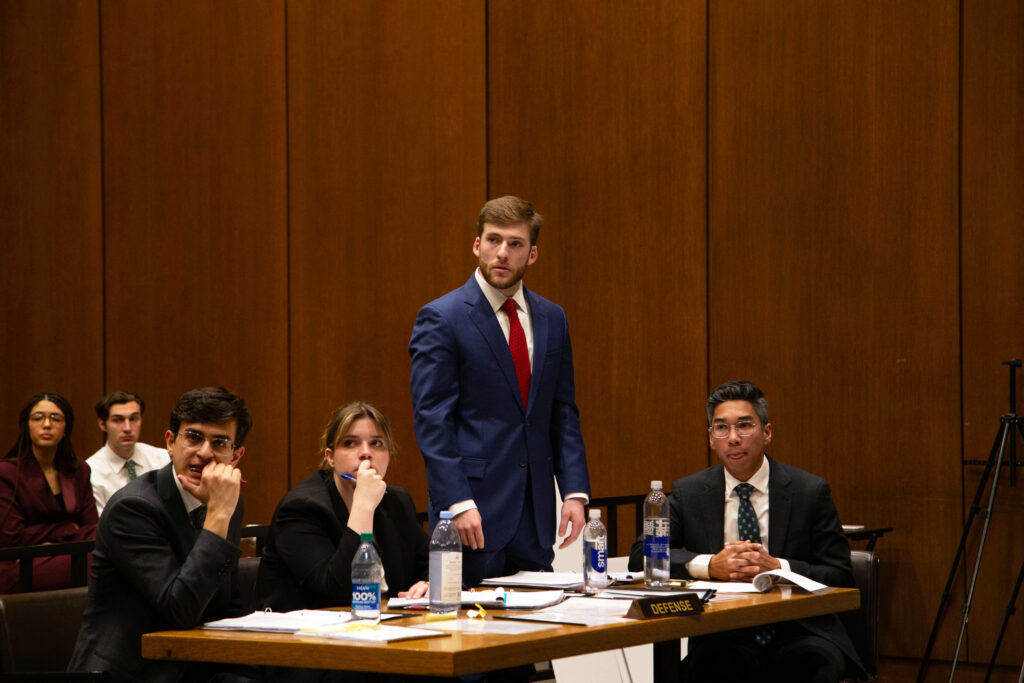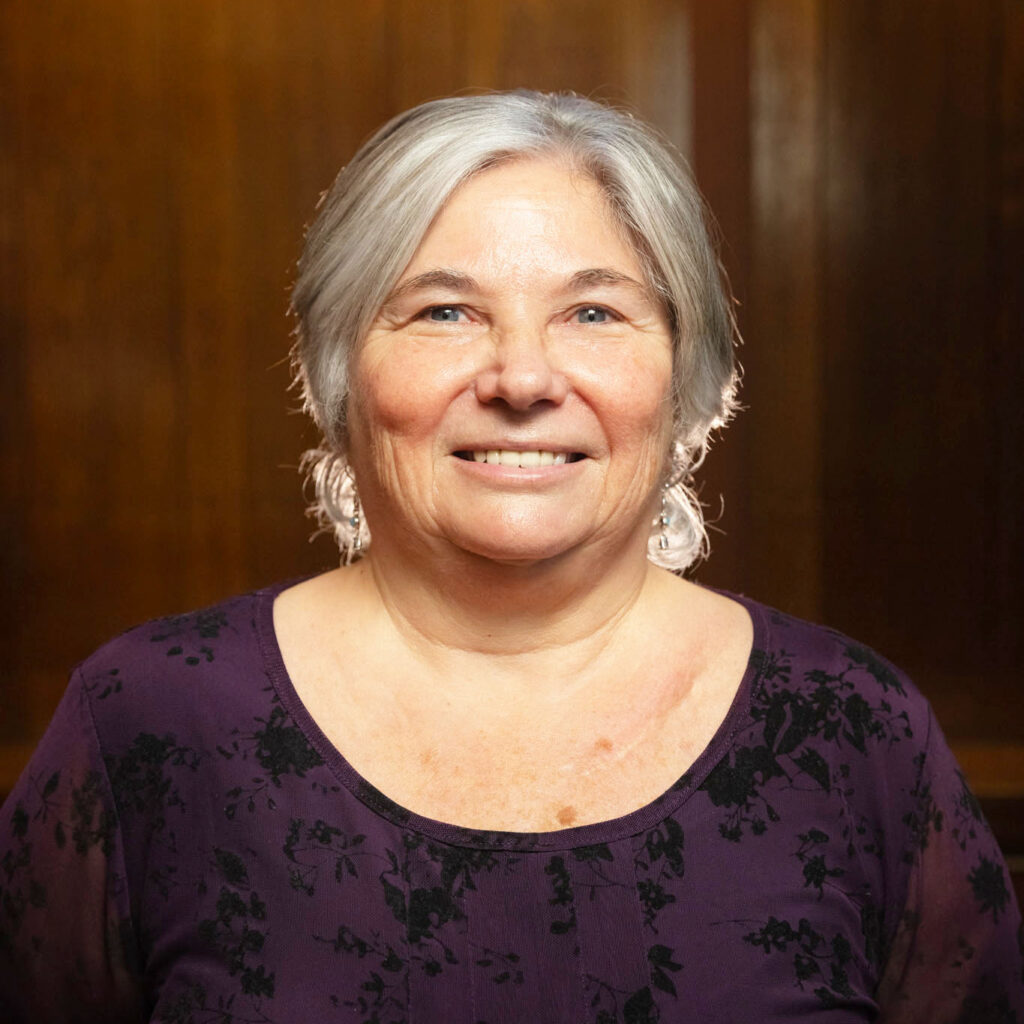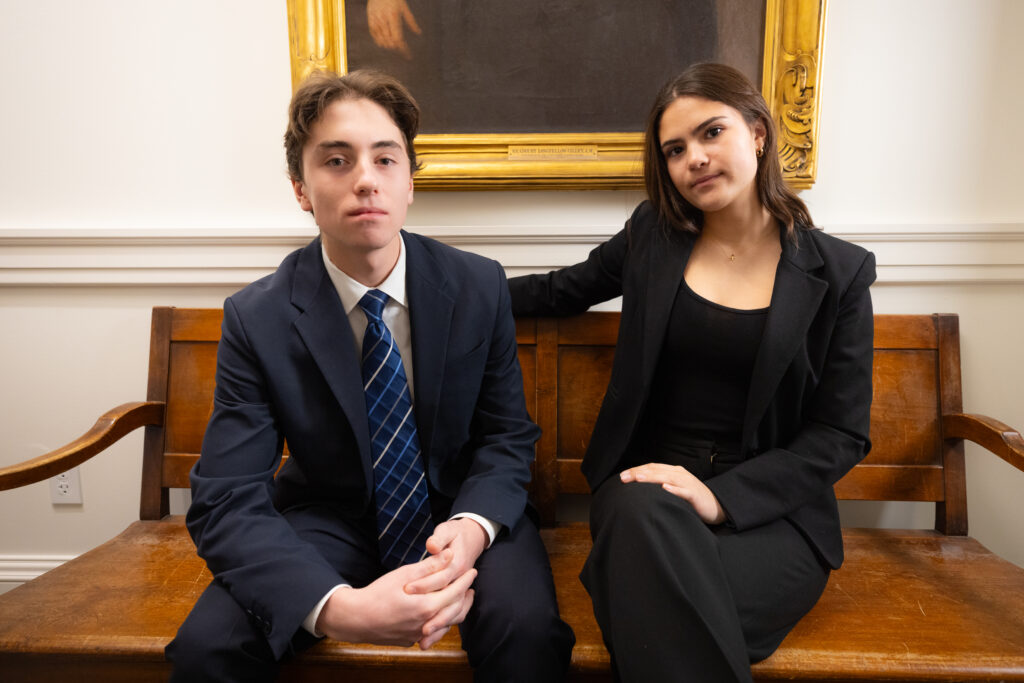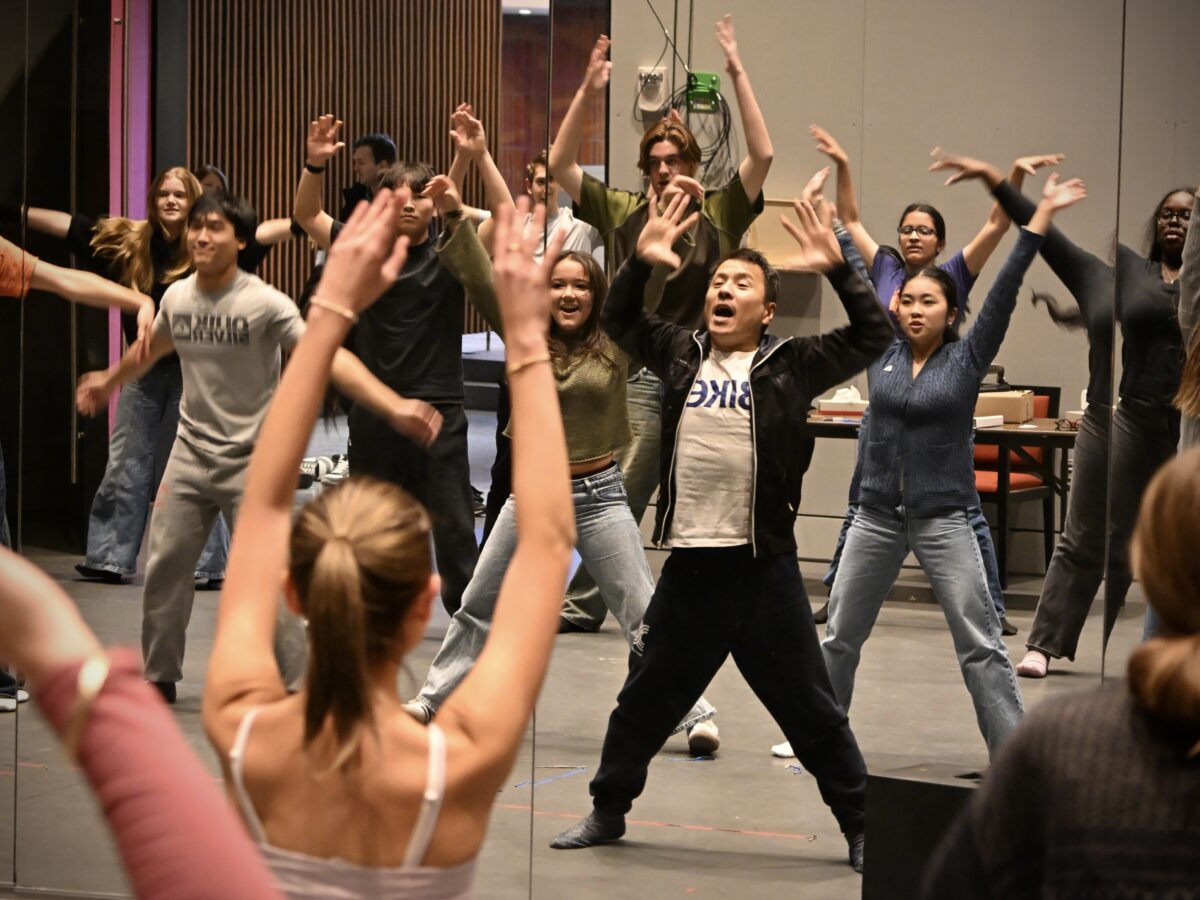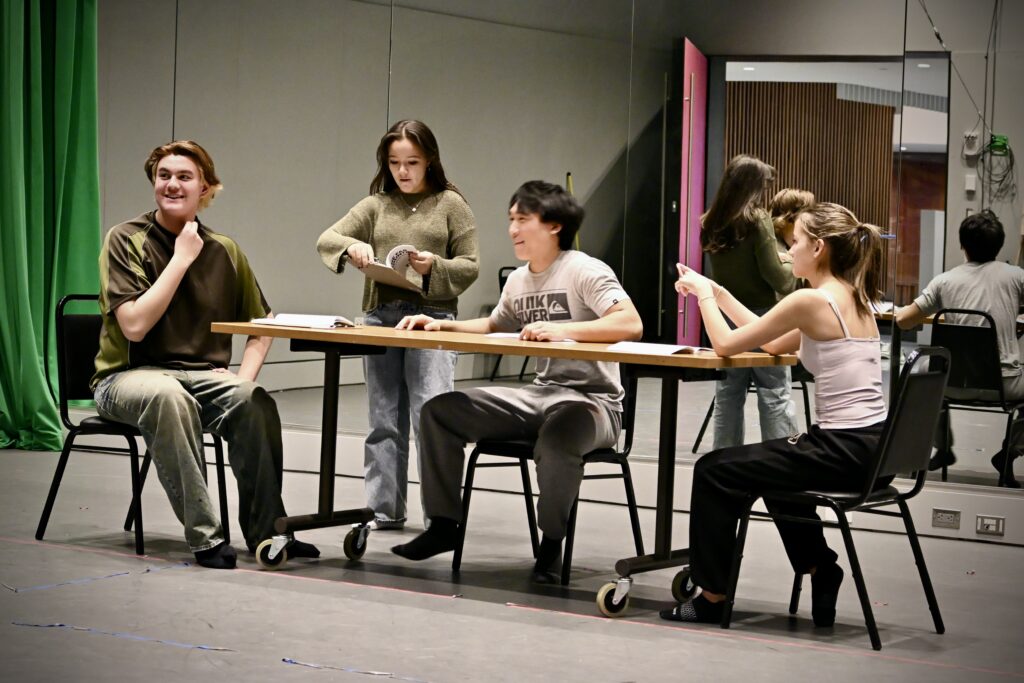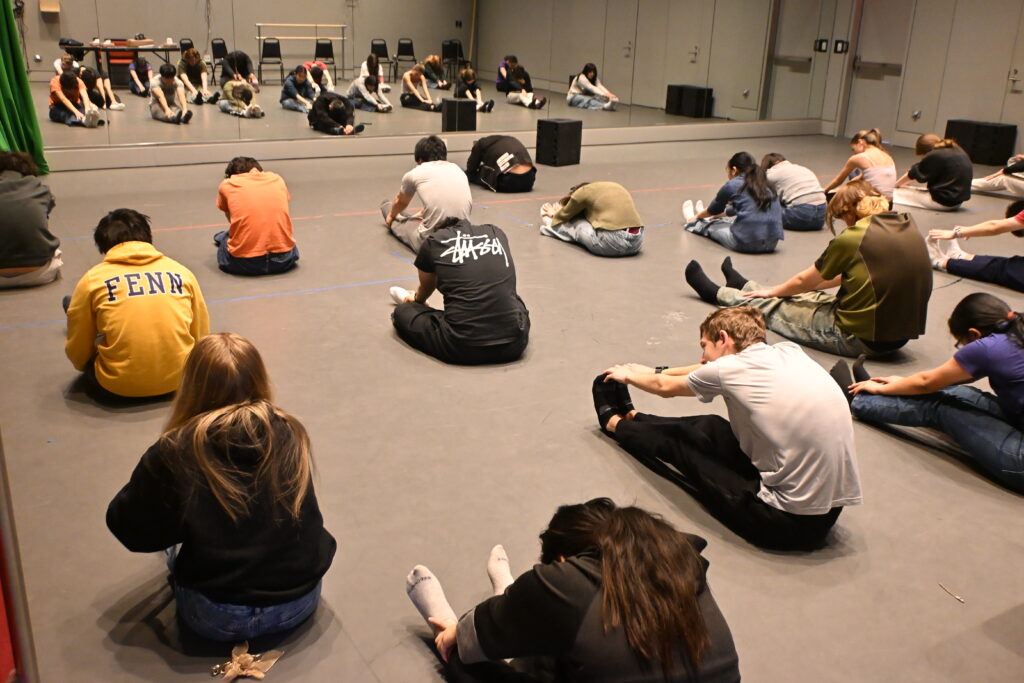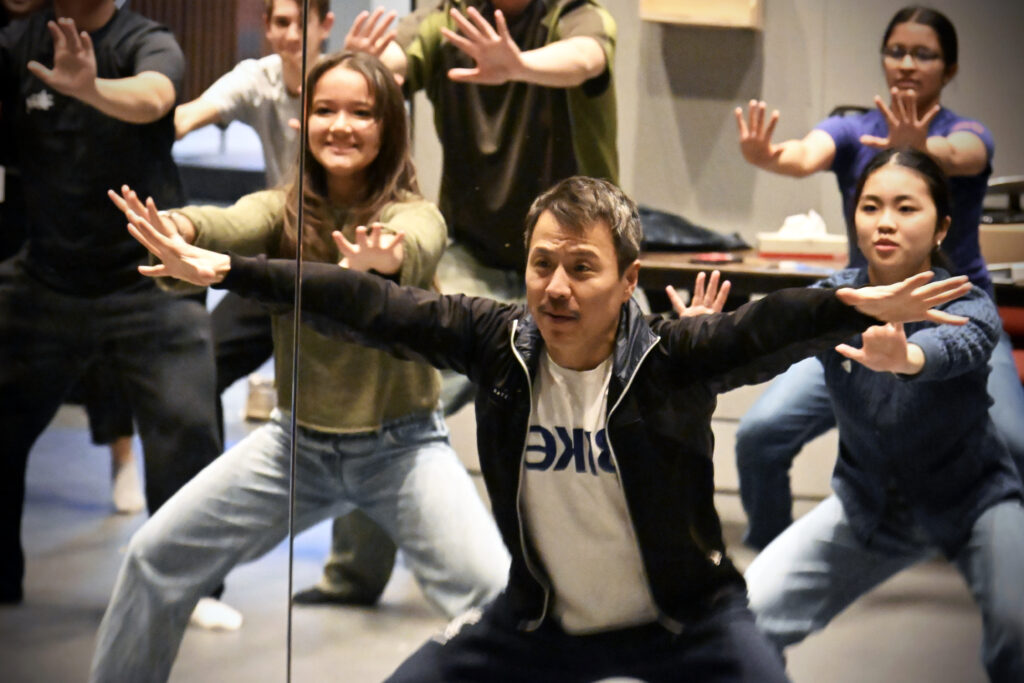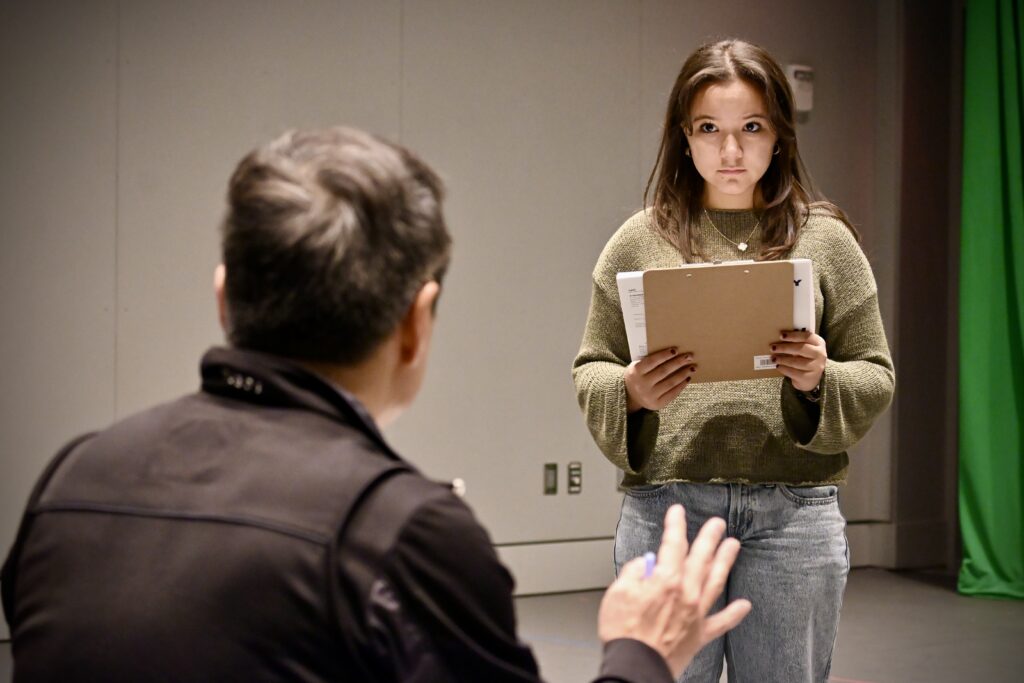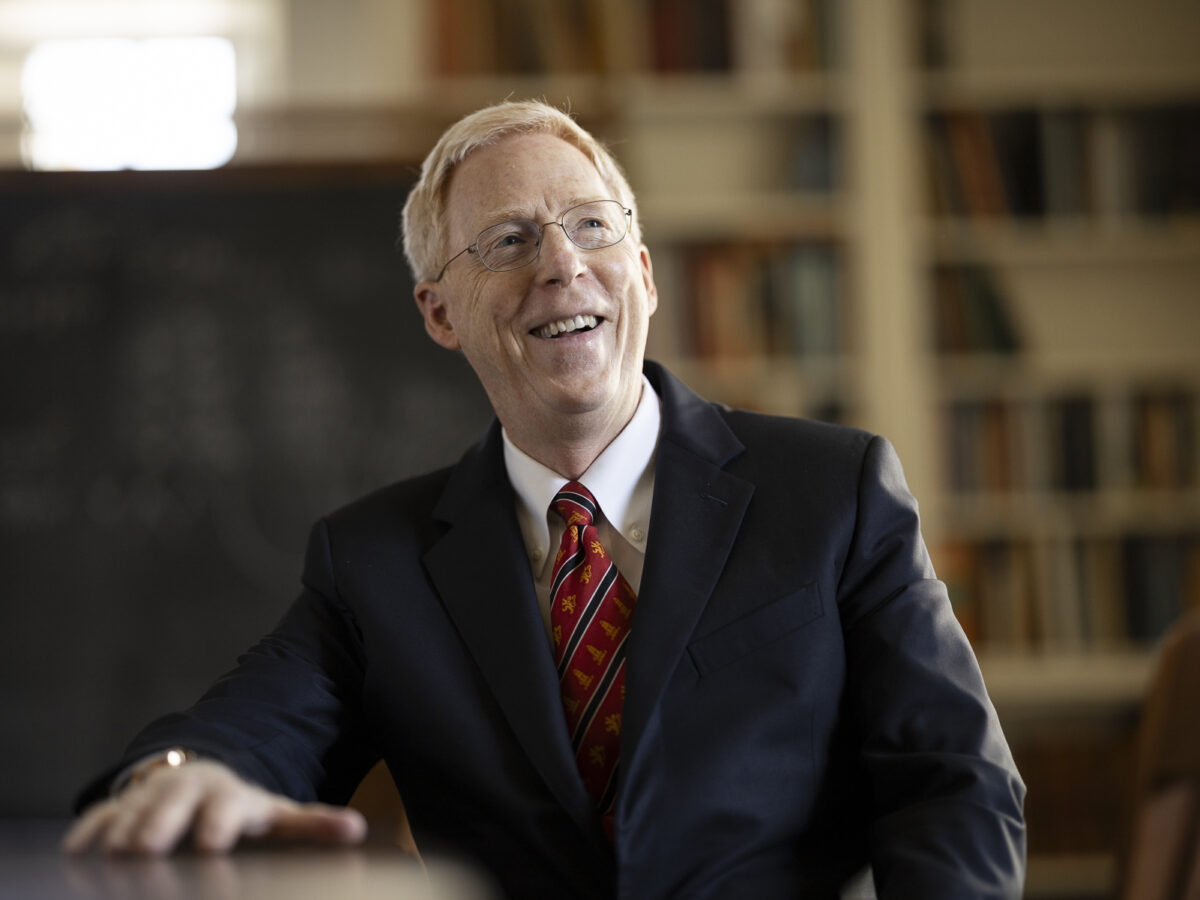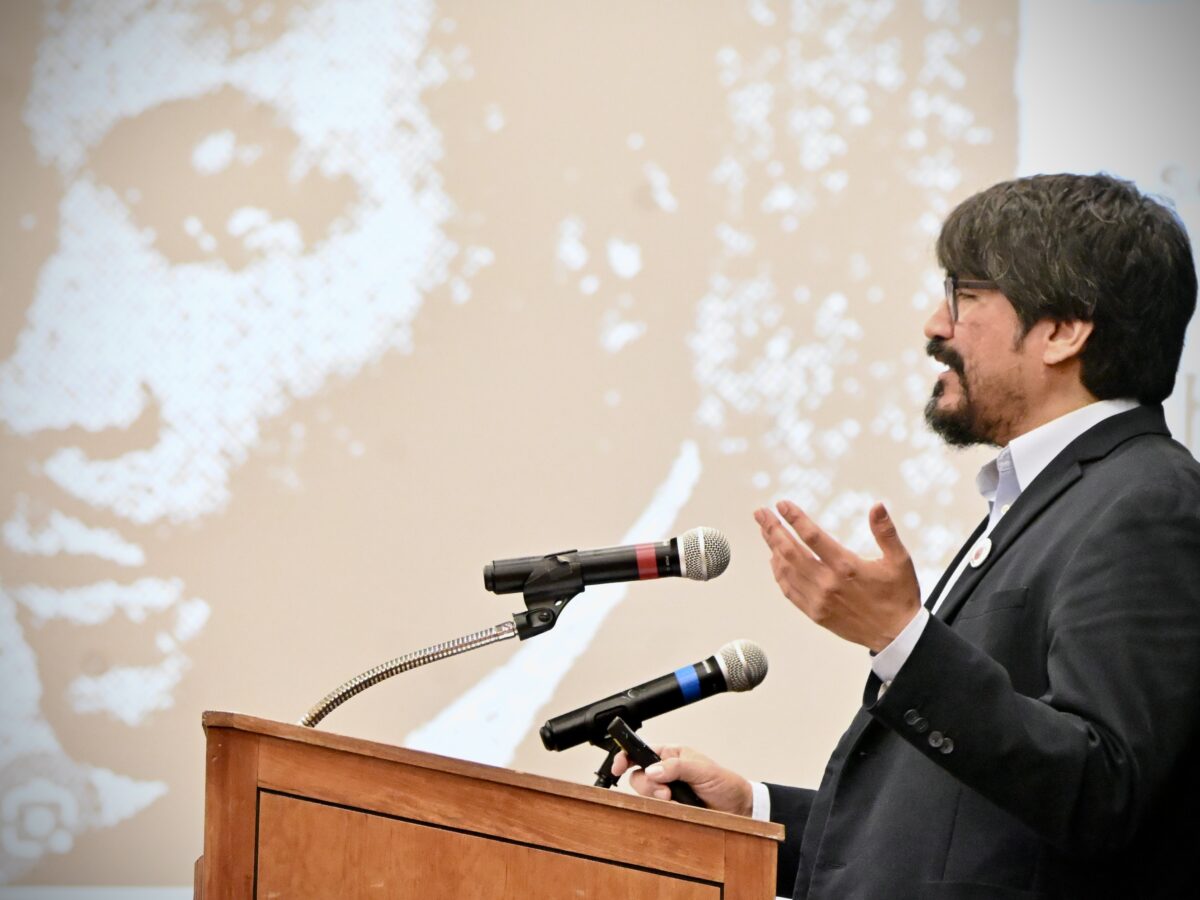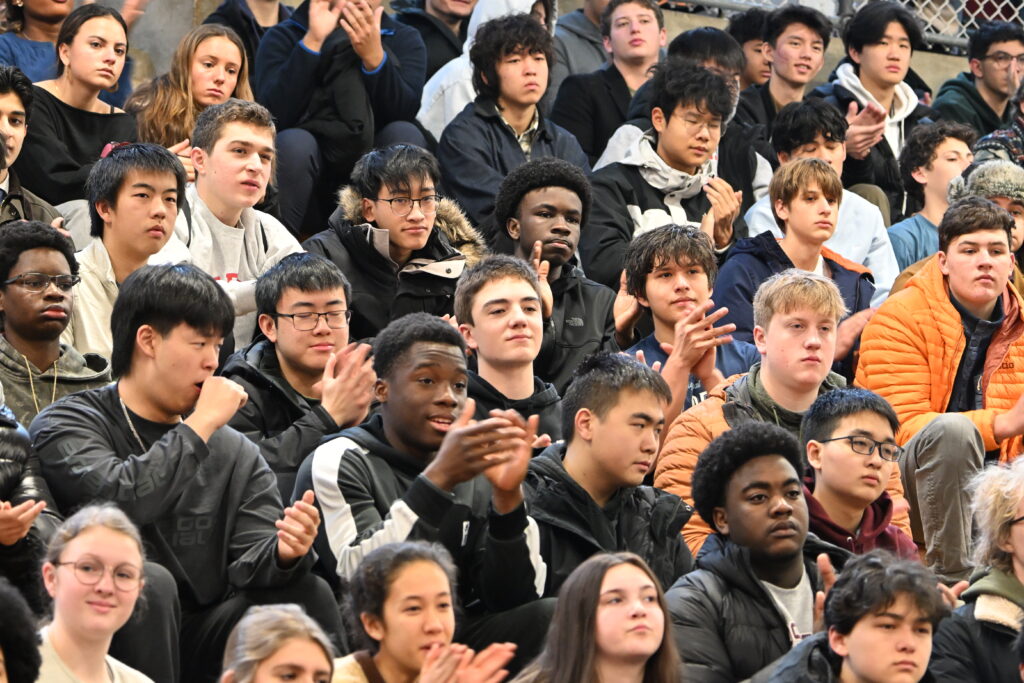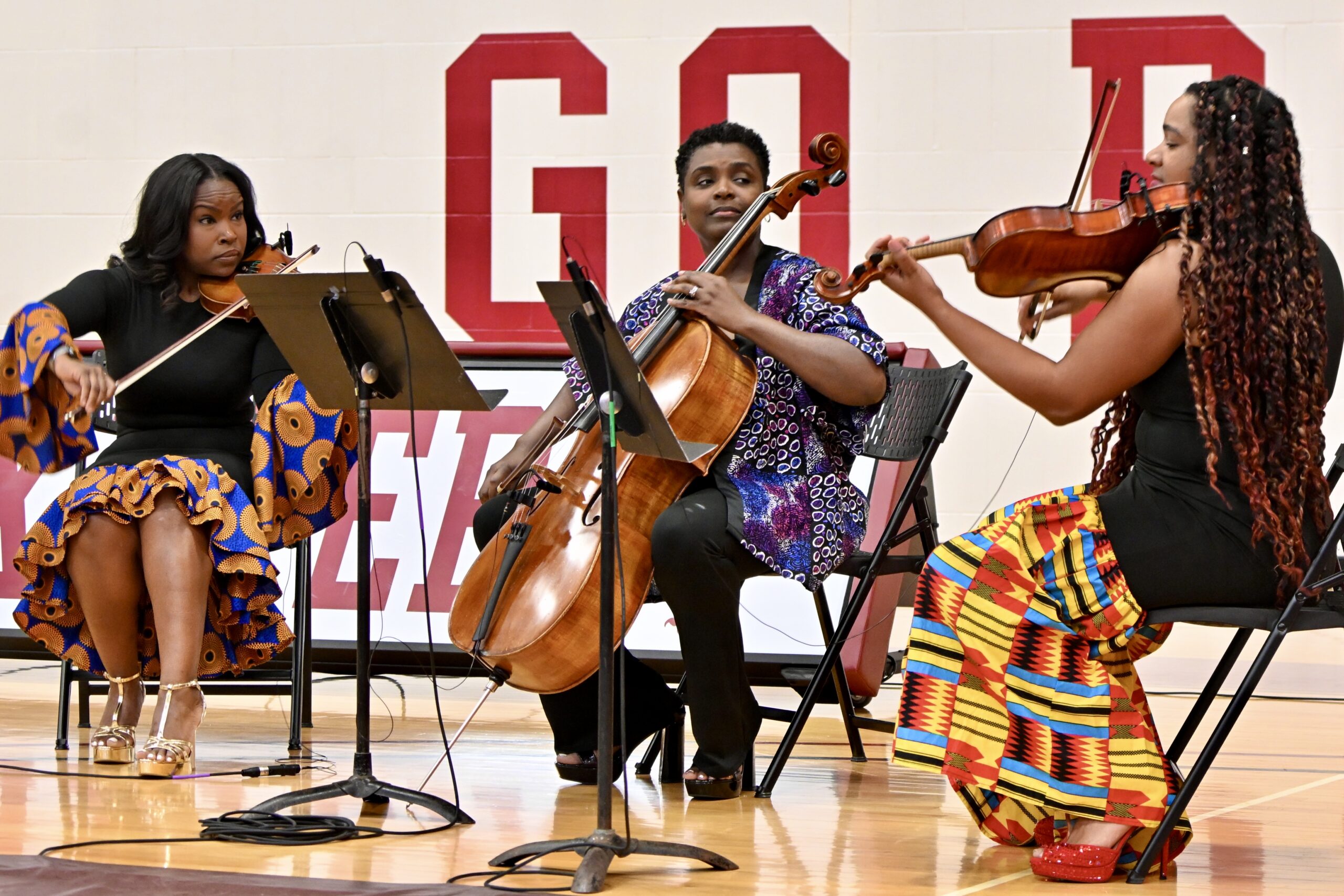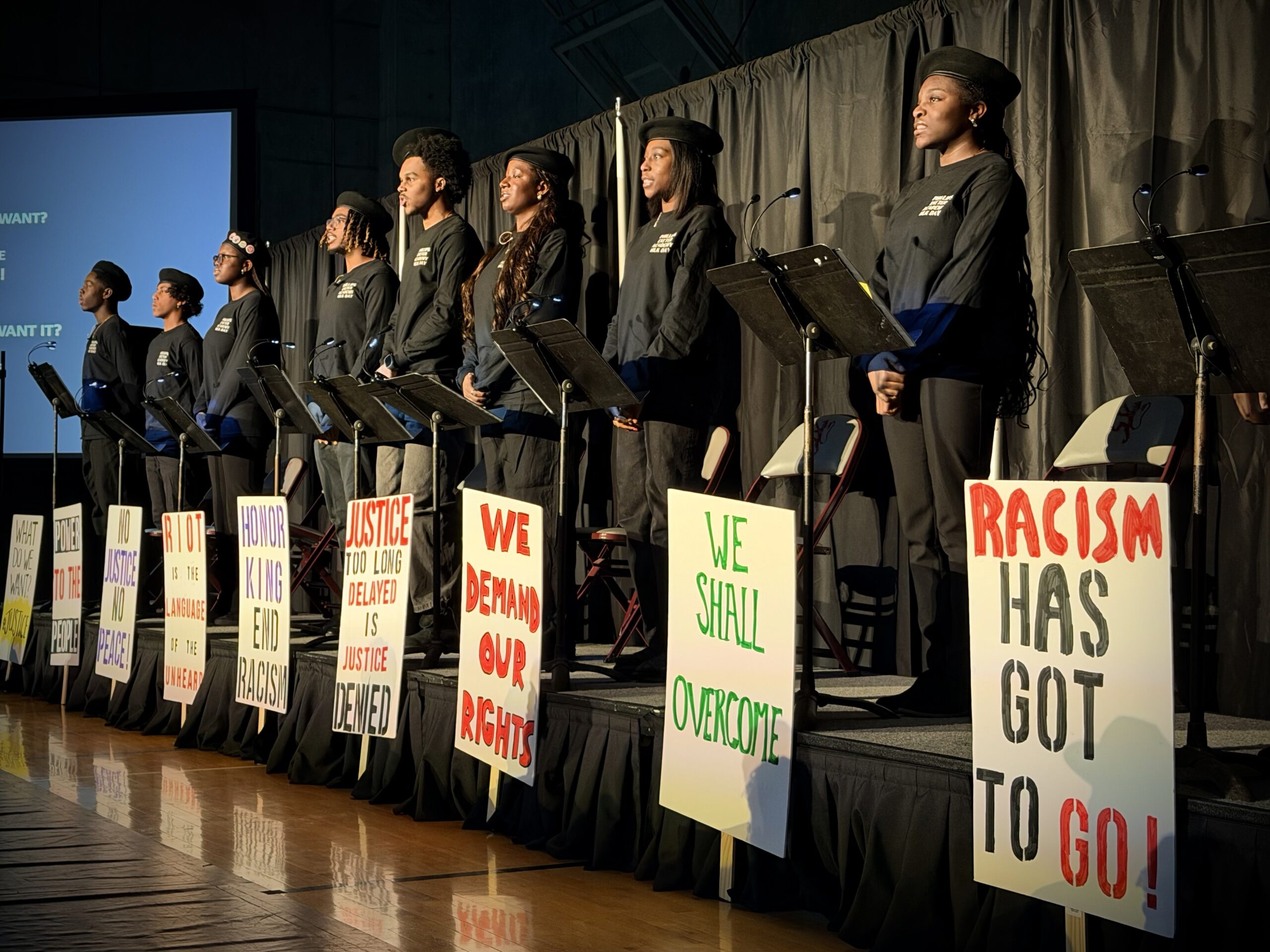Inside the
Inside the
Hahn Center
Exeter’s newest hub for community and connection
At Exeter, the Harkness philosophy extends beyond the classroom to all aspects of life on campus — including the essential act of eating. Sitting together at meals each day not only provides nourishment for students, faculty, staff and visitors; it also fosters engagement and builds a stronger sense of community for the school as a whole.
To support this core principle, the Academy devoted more than a year to the construction of a multifunctional dining hall on the north side of campus. Opened in December 2024 and officially named at a gala event this November, the Hahn Center creates myriad opportunities for connection, collaboration and learning.
Flanked by the newly refurbished Merrill and Langdell Halls, the Hahn Center replaced the well-loved but outdated Wetherell Dining Hall, which had served the Academy for 90 years. With its state-of-the-art kitchen, in-house bakery and expansive servery, the new building showcases the efforts of Exeter’s dining services team to meet the school’s diverse needs.
“Food is about community,” says Melinda Leonard, Exeter’s director of dining services. “The Hahn Center prioritizes that sense of community, while allowing us to operate more efficiently today, and evolve in the future.”
In addition to meeting daily dining needs, the Hahn Center has quickly become a vital space for programming and events on campus. Students have used the center for special occasions including the Hindu Society’s Diwali Celebration, a dumpling making session to celebrate Lunar New Year and the Senior Class Dinner. While the second-floor meeting rooms have seamlessly transitioned to classrooms during the Academy Building renovation, Harkness discussions often take place along the long tables in the main dining room.
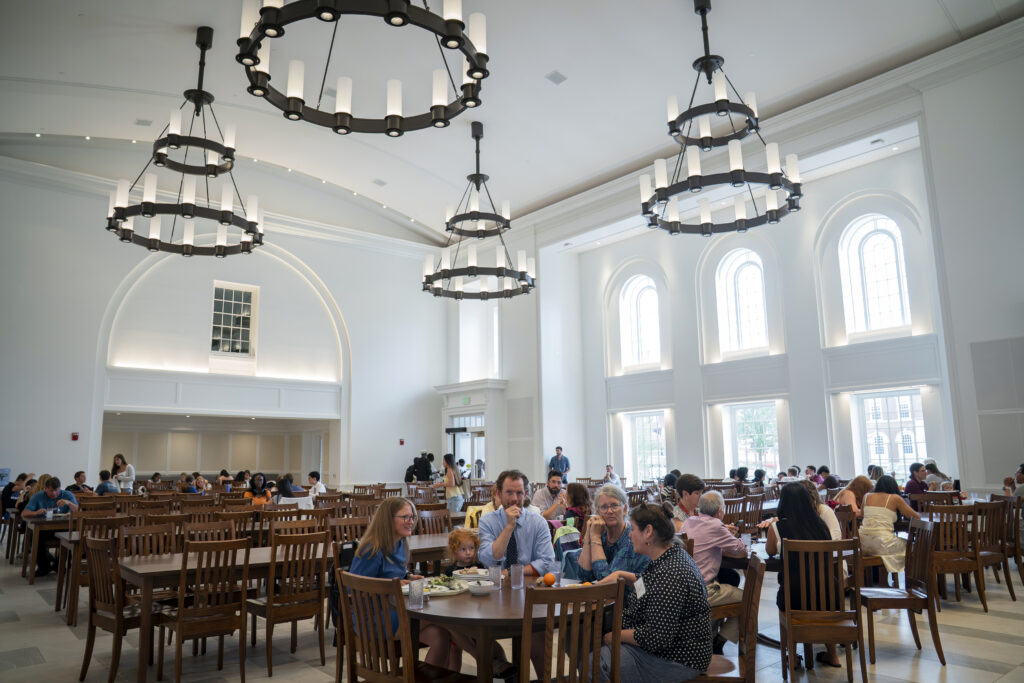
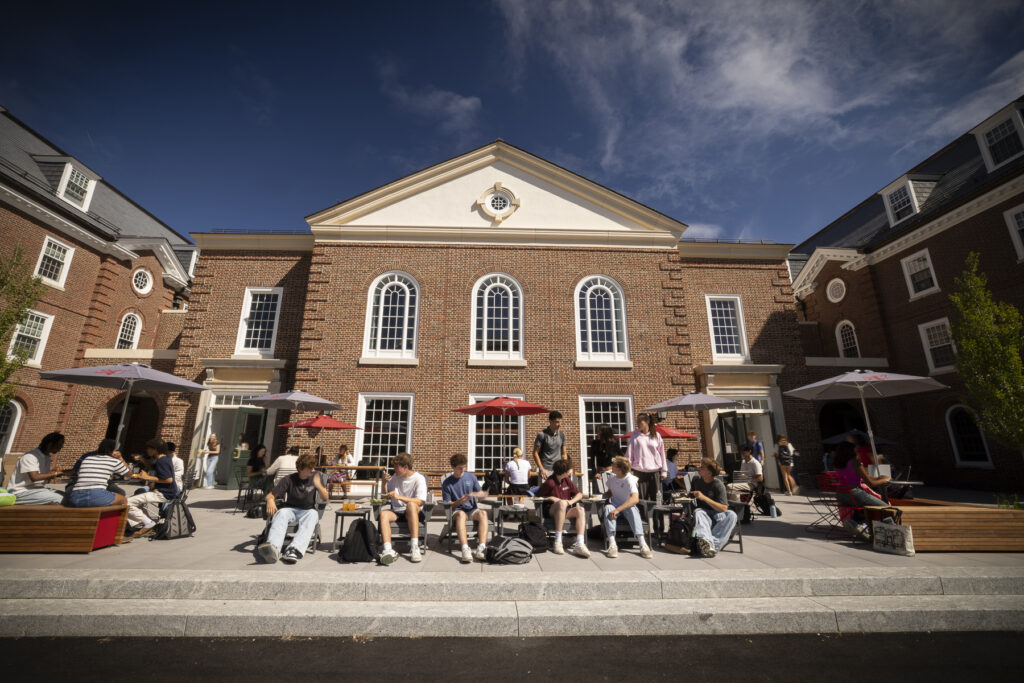
Hahn Center by the Numbers
total square feet of building and terrace
indoor seats
second-floor meeting rooms
computerized walk-in coolers/freezers
average pounds of desserts, breads, rolls and granola made from scratch each week
